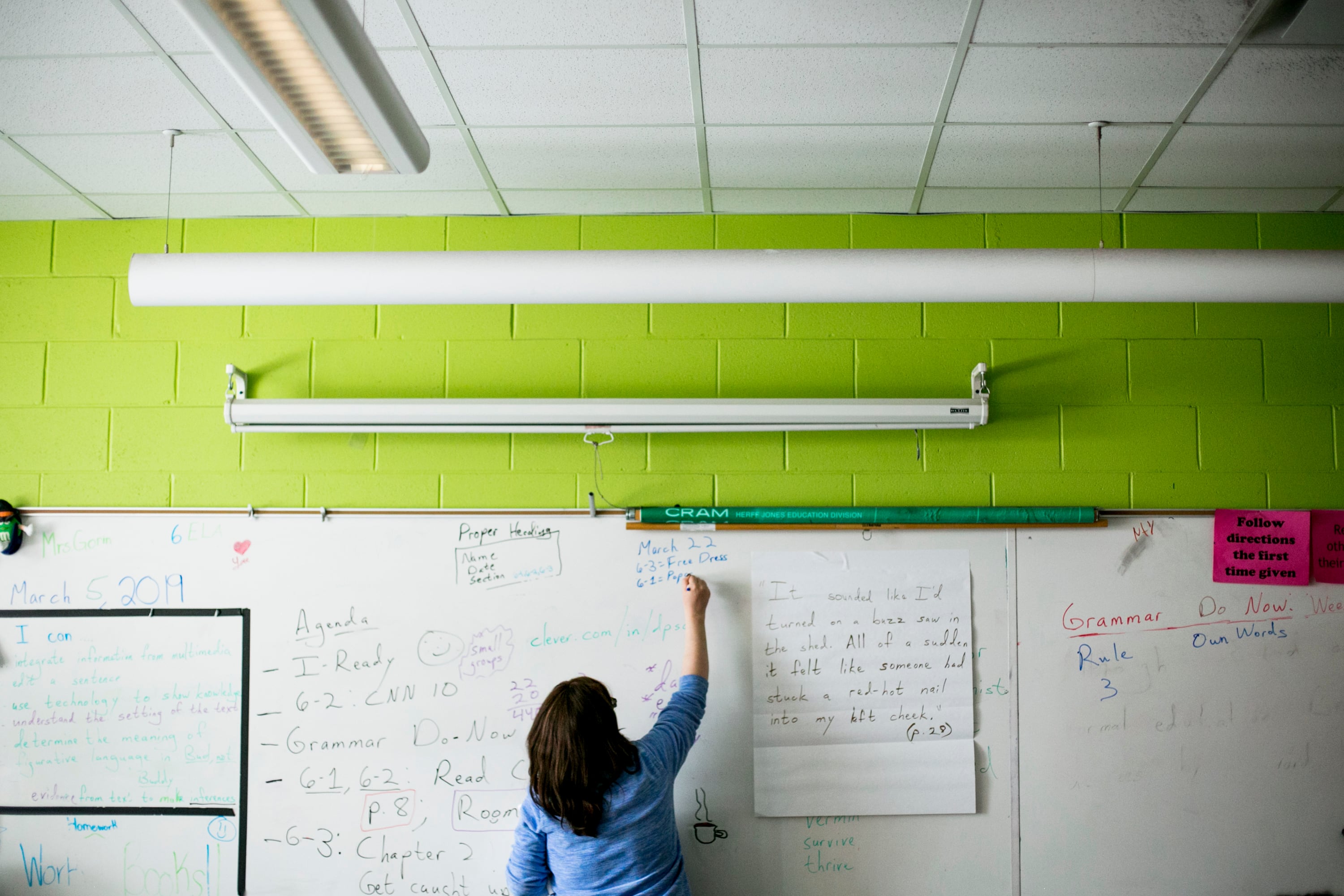Sign up for Chalkbeat Detroit’s free daily newsletter to keep up with the city’s public school system and Michigan education policy.
Detroit voters OK’d a millage proposal that might speed up the pace of paying off debt for Detroit Public Schools.
The vote for Proposal S passed decisively with 77% of the vote. The totals were 164,895 voting yes and 48,038 voting no, according to unofficial results.
The proposal will allow DPS to levy the full 18 mills on non-homestead property, because state law required the millage to be rolled back to 16.6 mills because of increased taxable value in Detroit. Voters must approve an increase back to the 18 mills.
The millage is important for DPS because the district exists solely to collect tax revenue and pay off long-standing debts. It’s also important for the Detroit Public Schools Community District because the sooner that debt is paid off, the sooner tax revenue can go toward DPSCD operations.
DPSCD was created in 2016 as part of a legislative initiative to address the DPS debt and provide students with an opportunity to be educated in a debt-free district.
Superintendent Nikolai Vitti told Chalkbeat last month that when DPSCD begins receiving revenue from the millage, the money would go towards teacher salaries, facility improvements, and operating costs such as transportation.
The citywide proposal was one of two school-related millages that were successful with voters. The Wayne County Enhancement Millage, which provides additional funding for public schools countywide, won with 68% of the vote.
Passage of the countywide millage means “our schools can continue to support our students and educators in all aspects, including by expanding career-technical programs that help prepare students for high-wage careers, as well as maintaining lower class sizes, providing educational opportunities for all learners, and enhancing school safety,” Daveda Colbert, superintendent of the Wayne Regional Educational Service Agency, said in a statement.
Lori Higgins is bureau chief for Chalkbeat Detroit. You can reach her at lhiggins@chalkbeat.org.







